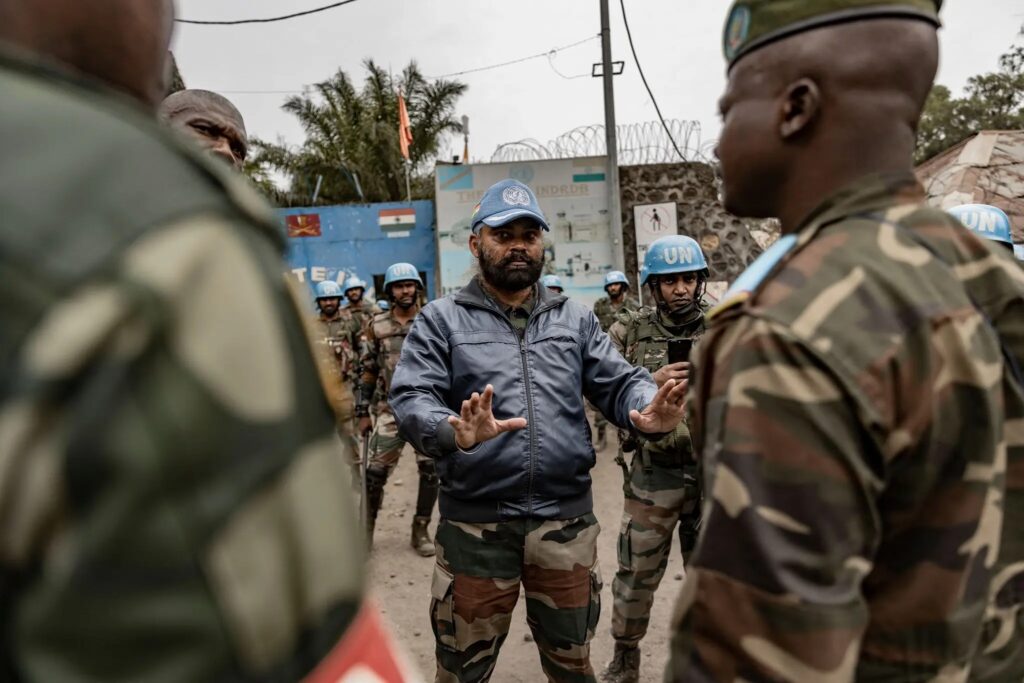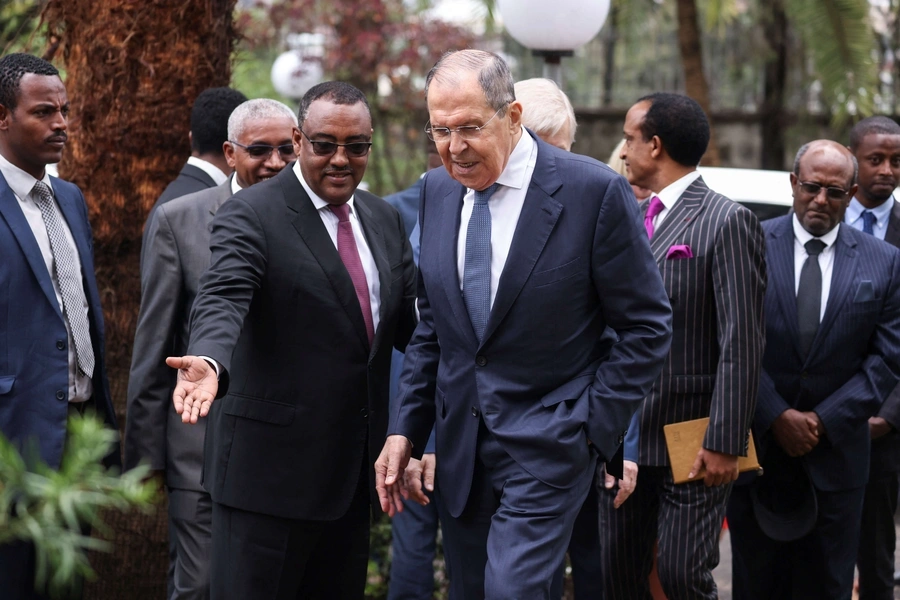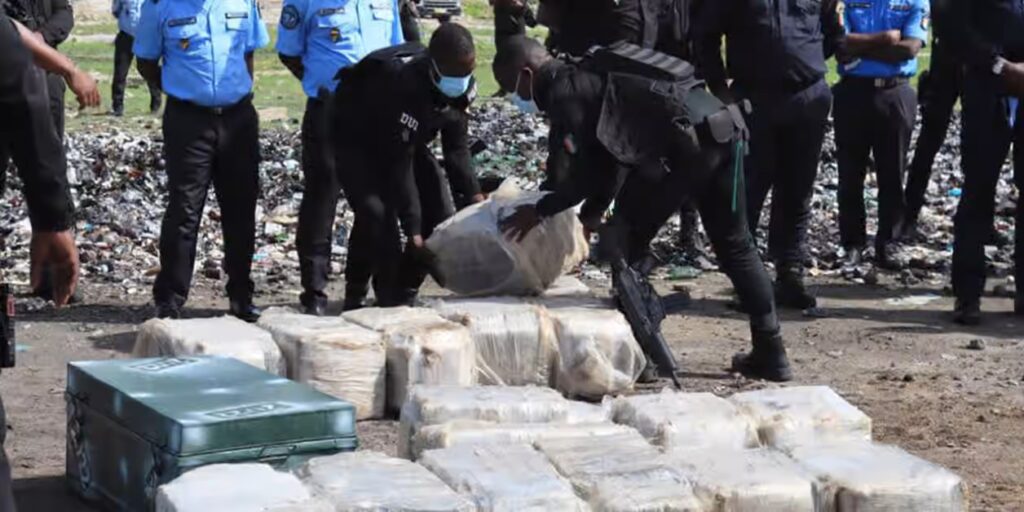Anti-U.N. Protests in Congo Leave 15 Dead, Including 3 Peacekeepers

Demonstrators have accused international forces of failing to deter armed groups responsible for a wave of deadly attacks.
At least 15 people, including three U.N. peacekeepers, have been killed and 60 others injured in the east of the Democratic Republic of Congo, in an escalation of dayslong protests against the United Nations in a mineral-rich region that has been ravaged by incessant deadly violence.






